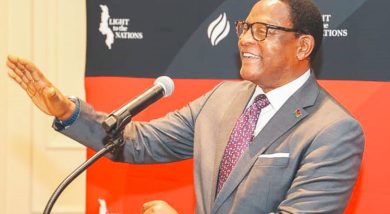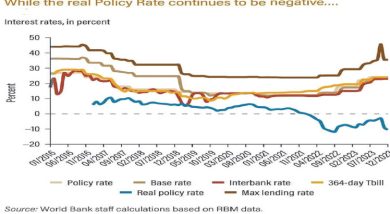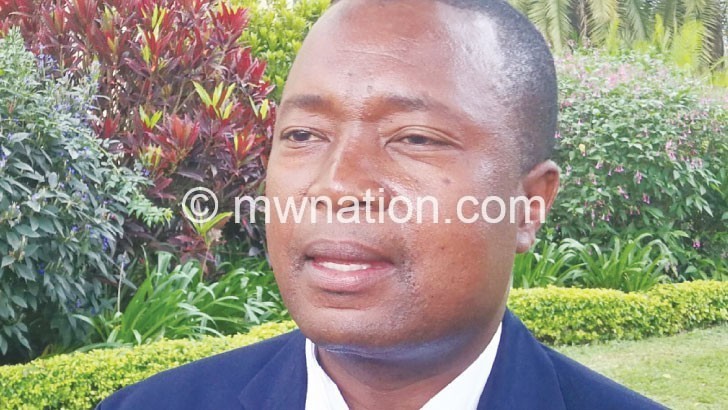World Bank avails $340m for hydropower plant

The World Bank on Wednesday approved $340 million (K117 billion) for the regional Rusumo Falls hydroelectric project expected to produce 80 megawatts (MW) of power to benefit 62 million people in Burundi, Rwanda and Malawi’s northern neighbour, Tanzania.
In a statement, the World Bank said the three countries are expected to share $113.30 million (K38.8 billion) each which is from the International Development Association (IDA), in a first operation under the World Bank Group Great Lakes regional initiative inaugurated by World Bank Group president Jim Yong Kim during his joint visit with United Nations (UN) Secretary General Ban Ki-moon in May 2013.
The overall project cost is $468.60 million (K160.7 billion) and generation capacity [80 MW] will boost reliable power supply to the electricity grids of the three countries, reduce electricity costs, promote renewable power, spur job-led economic development and pave the way for more dynamic regional cooperation, peace and stability among the countries of the Nile Equatorial Lakes (NEL) sub-region in east Africa, according to the statement.
“This landmark project will have transformational impact, bringing lower-cost energy to homes, businesses, and clinics in Burundi, Rwanda and Tanzania,” says Colin Bruce, director, strategy, operations and regional integration.
Lack of access to electricity is a defining constraint in the region with only four percent of the population in Burundi having access to electricity, Rwanda 13 percent and Tanzania at 15 percent.
In Malawi, electricity constraint is also a serious issue with less than 10 percent connected to the national grid and the sole power supplier Electricity Supply Corporation of Malawi (Escom) is producing 287MW of power against a suppressed demand in excess of 300 MW.
Due to increased prospects in the mining sector, available figures show that the demand for electricity is projected to jump to 740 MW by 2015 and nearly 1 400 megawatts by 2020.
With this financing, all three countries will benefit from jobs created by construction and installation activity associated with the power plant, said the World Bank.
And by choosing a run-of-the-river option to reduce social and environmental impacts, the bank said, the participating governments have demonstrated careful and responsible decision-making.





